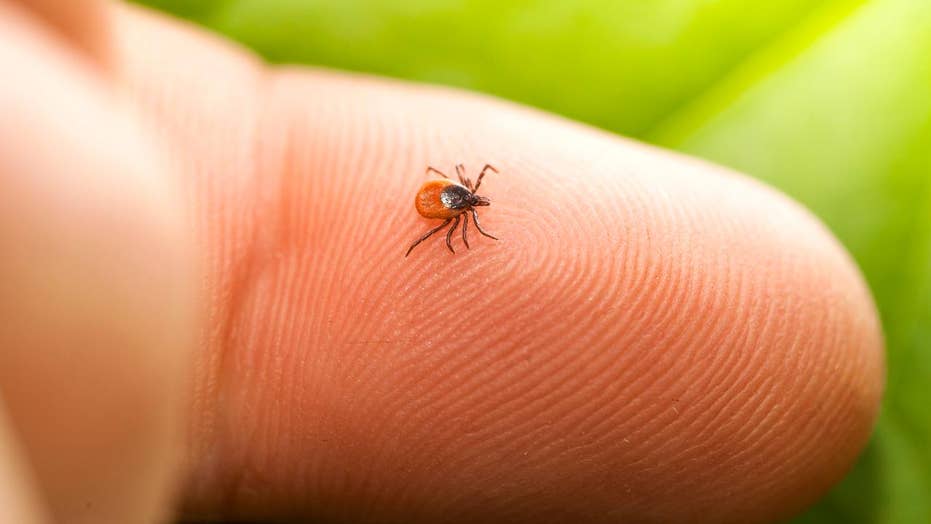
What is Powassan disease?
A rare and life-threatening tick-borne virus is worrying doctors. What is Powassan disease and how can you keep yourself safe?
A New Jersey woman says her 80-year-old Marine Corps veteran father is the individual that health officials said tested positive for a rare tick-borne illness before his death in May.
Dianne Rude, whose father, Armand Desormeaux, died on May 16 at Newton Medical Center, said she was told last Monday that he tested positive for Powassan virus, but that an immediate cause of death had not been determined, The New Jersey Herald reported.
Rude said her father developed a fever on May 6, and despite having several health ailments he had been relative active until his symptoms rapidly progressed to seizures and partial paralysis. She told the Herald that her father remembered being bitten by a tick in mid-April while gardening, but that he had been able to remove it himself and he never developed a rash. But with the Powassan virus, the incubation period ranges from about 1 week to 1 month post-bite.
The virus is spread to people through the bite of an infected tick with severe cases requiring hospitalization. Symptoms can include fever, headache, vomiting, weakness and confusion, loss of coordination, speech difficulties and seizures. Patients typically need support breathing and to treat swelling around the brain, but there is no medicine to treat the virus, nor is there a vaccine to prevent it, and about 10 percent of cases result in death, according to the Centers for Disease Control and Prevention (CDC).
According to Rude’s June 6 post on Facebook, health officials told her that a second case was discovered in a patient in his 20s who survived, but is dealing with “severe neurological issues.” A Sussex County Division of Health spokesperson did not identify the patients’ names, but did tell the New Jersey Herald that the department is investigating two cases, and that the second individual is recovering at home.
There were 33 cases of the virus reported in all of 2017 nationwide, a large increase from the two that were reported in 2008. New Jersey has only reported seven cases total between 2008 and 2017. Rude is calling for more awareness and is urging people to spray their yards and check for ticks after being outside.
Source: Read Full Article
